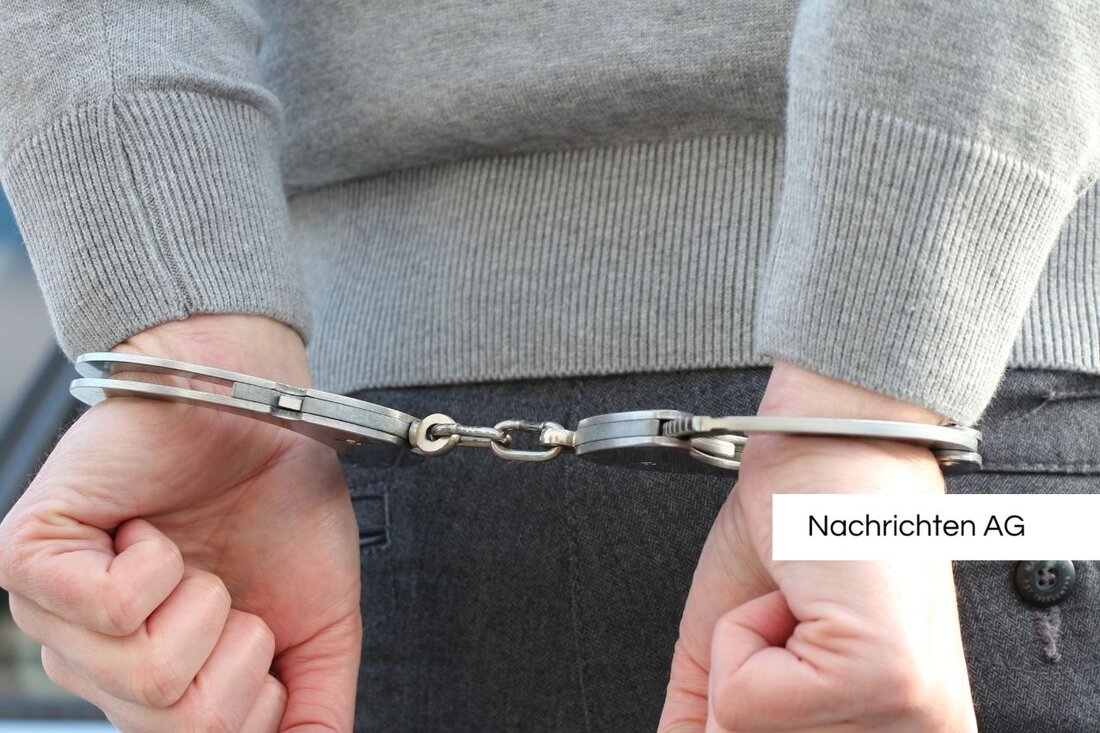Tens of thousands in Novi Sad: mourning and protest after train accident
On November 1, 2025, tens of thousands in Novi Sad will commemorate the victims of the previous year's train station accident. Government under pressure.

Tens of thousands in Novi Sad: mourning and protest after train accident
On November 1, 2025, tens of thousands of people gathered in Novi Sad to remember the 16 victims of the tragic train station accident the previous year. In this accident, which occurred on November 1, 2024, the newly renovated roof of the station collapsed. Only 24-year-old medical student Teodora Martinko survived, but was seriously injured. On the occasion of the mourning market, the government under Prime Minister Djuro Macut declared today an official day of mourning.
Silent protest marches moved from 16 different points in the city to the train station, where 16 minutes of remembrance of those who died were held at 11:52 a.m. The streets were crowded and many participants arrived late because traffic was severely restricted and rail services were suspended. What was particularly noticeable was that there were no whistles or flags at the commemoration, only a few black banners with the message “Pamtimo” (We remember).
Political reactions and protests
The memorial event in Novi Sad was the largest of its kind in the city's history. But a year after the accident, no charges have been brought against those responsible. Independent experts and opposition politicians blame the corruption and sloppiness under President Aleksandar Vučić for the tragedy. Since this incident, students and citizens have been protesting for the restoration of the rule of law and calling for early parliamentary elections.
Ultimately, to draw attention to the urgency of the situation, President Vučić announced that there would be early elections at the end of next year. He also apologized to the protesting students. But critics accuse the government of suppressing the protests and calling participants derogatory terms such as “terrorists” and “Nazis.”
International commemorative events
Mourning for the victims of the accident also extended beyond Serbia's borders. Commemorative events took place in Austria, including at Heldenplatz in Vienna, where 200 to 300 participants were expected. SPÖ-EU delegation leader Andreas Schieder called for sanctions against Serbia and emphasized the need for accountability for those responsible for the accident.
Parallel to the events in Novi Sad, military officials suspected of planning a coup were arrested in Guinea-Bissau. These developments highlight the fragile political situation in several countries and highlight the problems with corruption and the rule of law. This year's governance challenges, which are also addressed in the [KPM] in the context of corruption in the public sector, among other things, serve as a reminder of the importance of the consistent application of the rule of law and the responsibility of political leaders.
It remains to be seen whether the commemorative events in Novi Sad and the associated anti-government protests will have a noticeable impact on the country's politics. But the discontent among the population and the demand for justice for the victims remain unmistakable.
For further details on the commemorations in Novi Sad, please read vol.at, for the political unrest in Guinea-Bissau visit AP News and for information on current research projects on corruption in the public sector, click KPM.

 Suche
Suche
 Mein Konto
Mein Konto
